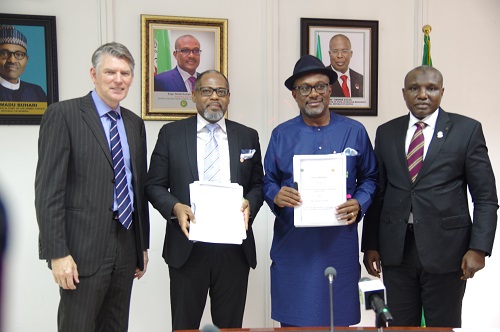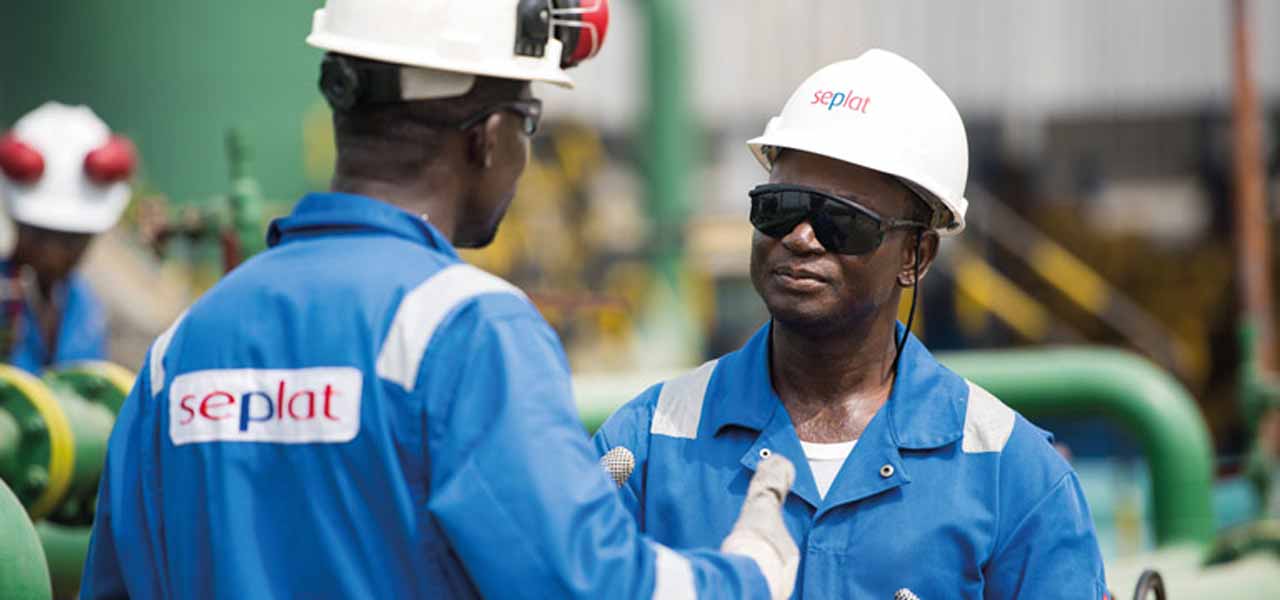The Nigerian National Petroleum Corporation (NNPC) has explained the source of the N1.00 added to the Petroleum Tanker Drivers (PTD) for the Petroleum transport bridging cost.
It would be recalled that after the first day of their strike on Monday, the managing director of NNPC in company of other stakeholders, increased the bridging allowance to transporters from N6.20 to N7.20 per litre and assured that the allowance hike will not lead to a rise in the pump price of petrol, from the prevailing N145 per litre.
In a further clarification following growing anxiety on a possible hike in pump price, the corporation’s Chief Operating Officer, Downstream, Mr. Henry Obih, said the rise in the bridging cost was achieved after an adjustment was made in the lightering expenses from N4 to N3 per litre to smoke out the N1.00 that did the magic of ending the strike.
The bridging allowance refers to the cost element built into the products’ pricing template to ensure a uniform price of petrol across the country, while lightering expenses involve charges for moving products to depot areas from mother vessels by light vessels due to the inability of the former to berth in shallow water depth.
A statement issued by the corporation’s spokesperson, Mr. Ndu Ughamadu, further quoted Obih as saying that “What happened in a simple language is a rebalancing of the margins allowed and approved for stakeholders. So what the Petroleum Products Pricing Regulatory Agency did was to take N1 from lightering expenses and add same to the bridging allowance. That is how we arrived at N7.20. Therefore, PMS remains at the ceiling of N145 per litre.”
Obih further assured on the availability of products the country had 1.3 billion litres of petrol, which translated to an inventory of 36 days.
He said “What this means is that even if we stop importation or refining of petrol right now, we have enough products in-country to provide for the needs of every Nigerian for a period of 36 days”.
Besides, the supply availability was bolstered by the production of petrol from the refineries located in Port Harcourt, Warri and Kaduna.









